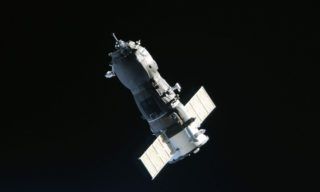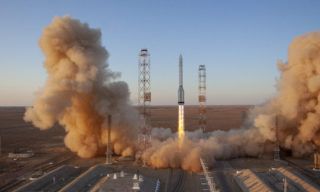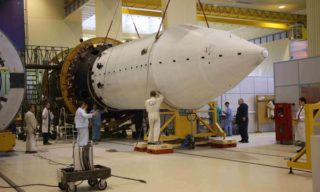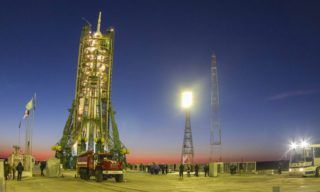New Russian Bion-series satellite is to be developed by 2019, – Institute for Biomedical Problems Director Deputy Vladimir Sychov reported. – With the help of this satellite the scientists will be able to study space radiation impact on living organisms which is of great importance for Mars flight preparations.
Space radiation impact is one of the major risk factors during deep space manned flights. The scientists search for methods to protect future space crews from dangerous radiation. But to receive more detailed information on space radiation we have to set scientific satellites into higher orbits.
“We mey expect that raising the orbit by 500 km we increase the radiation. This will be our second Bion satellite and I believe it will be completed by 2019”, – Sychev reported.
there is one more perspective space device with a code name Vozvrat-MK Russian scientists plan to insert into elliptic orbit with 200000 km maximum ordinate that is beyond Earth’s magnetosphere.



















